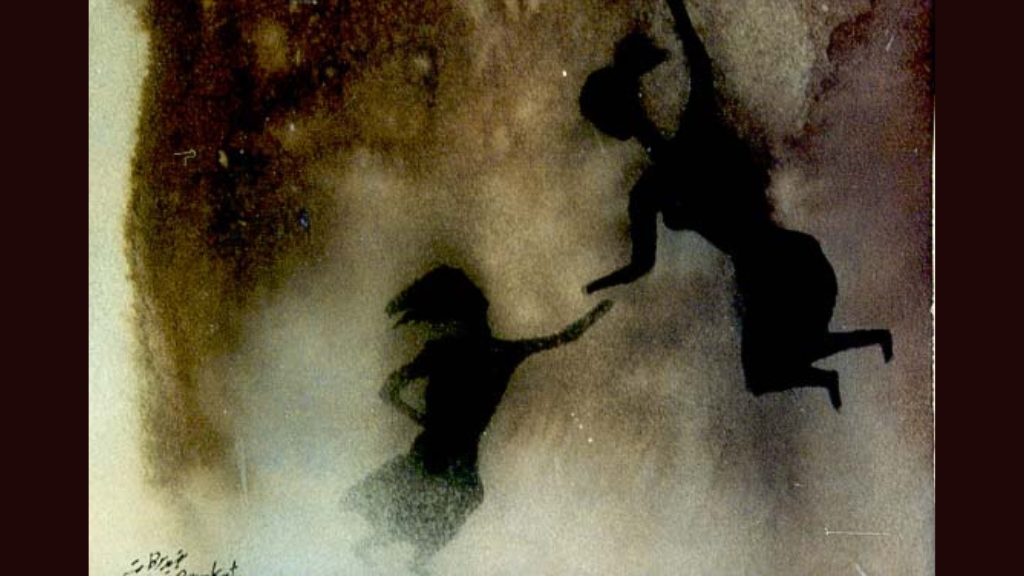Gaza still bleeds. I see hunger and thirst wailing on the rubble - wailing for the brave mean, women, and children of Gaza who are still holding on to their dignity; their blood-stained faces shining with the light of patience, faith and the will to fight oppression. Here are three poems for Gaza by Anthony Alessandrini.
Hole in the World
For Refaat Alareer
On the day you were murdered
I did many of the things
you would have done if alive—
woke up, kissed my daughter, went
to work, taught a few curious souls
a little about reading a poem—
then read the news in which
your name appeared without
you there anymore. Your assassins
were thorough.
On the day you were murdered
I was not. I came home and read
to my daughter and made her supper.
Whatever your killers could have
accused you of—being a poet,
being a teacher, being a lover
of the world and a hater
of those killers by the numbers—
that’s me too. But I’m here
where the bombs began
their journey, not there
where they found their final
home. Therefore: I’m alive
while you are not.
Poems, I tell
the students, are made of
simple things yoked together
to make the unimaginable
exist. A new thing previously
unthinkable.
On the day you were no more
I wanted to be able
to hold my daughter in my arms
and tell her a story. I didn’t
want to speak of your children
missing you forever I didn’t want
to tell her we never met
and never will. Where
in this poem
where in this world
does the word genocide go?
If I must die
you wrote
let it bring hope
let it be a tale
I write this poem
and it makes nothing
happen. Nevertheless
the hole in the world
where you still should be
is real. Those left behind
to labor with words:
let us
make some poems to fit
the form of your absence.
![]()
The poet spoke
For Hala Alyan
The poet spoke again, eloquently as she must and does, of dehumanization, of belonging to a people whom others forget are people like themselves, who get thirsty, who bleed, who love
their children. She spoke, eloquently as she must and does, of the children of Gaza, of the press conference, children standing up, speaking in a language not their own, begging the world: please spare us, please let us have
a little peace. I wonder, the poet said, eloquently as she must and does, about the people who hear those voices and remain
unmoved. And the host duly thanked her, and the poet, eloquently as she must and does, expressed gratitude for the opportunity to speak to the listeners, and then the host duly intoned: for more coverage, and for a different view
and there it was, the killing moment, the outtake of breath when
the will to kill children becomes more coverage, a different view, that’s the moment that makes the children die and die and die and die forever.
![]()
A Trick to Remember the Strings
For Lubna Alyaan
To learn to play an instrument
is a kind of obsession
The violin
has four strings
From high to low,
the strings on the violin
are E, A, D,
and G. They are made
from a variety of materials
including catgut,
sheep intestine, nylon,
and steel.
On a quiet day in Gaza,
a determined young girl:
I love the violin
passionately, and I want
to become
one of the world’s
top violinists. That’s
my dream.
She showed a keen interest
in musical composition,
demonstrating meticulous attention
to every detail.
The four strings
of the viola and cello
are C, G, D, and A:
Cats Go Down Alleys
But for the strings
on a violin remember
G, D, A, and E:
Good Dogs Always Eat
Lubna Alyann was martyred
early in the morning
at her aunt’s house
in Al-Nuseirat
which had been declared
by the Israeli army
to be a safe zone
Lubna and her family
had sought refuge
in the south of Gaza
for safety but that morning
their home was bombed
Her entire family
has been erased
from the civil registry
like so many in Gaza
Cats go down alleys
good dogs always eat
catgut and nylon and steel
and killing silence
Source: Jadaliyya.com
Featured Image Credits: Painting by Palestinian artist Tayseer Barakat
![]()
 Anthony Alessandrini
Anthony Alessandrini
Anthony Alessandrini is a professor of English at Kingsborough Community College-CUNY and is on the faculty of the MA Program in Middle Eastern Studies at the CUNY Graduate Center, where he is also a member of the Committee on Globalization and Social Change. He is the author of Frantz Fanon and the Future of Cultural Politics: Finding Something Different; the editor of Frantz Fanon: Critical Perspectives; and the co-editor of “Resistance Everywhere”: The Gezi Protests and Dissident Visions of Turkey. He is a Co-Editor of Jadaliyya E-Zine and a contributor to Status Audio Journal.

